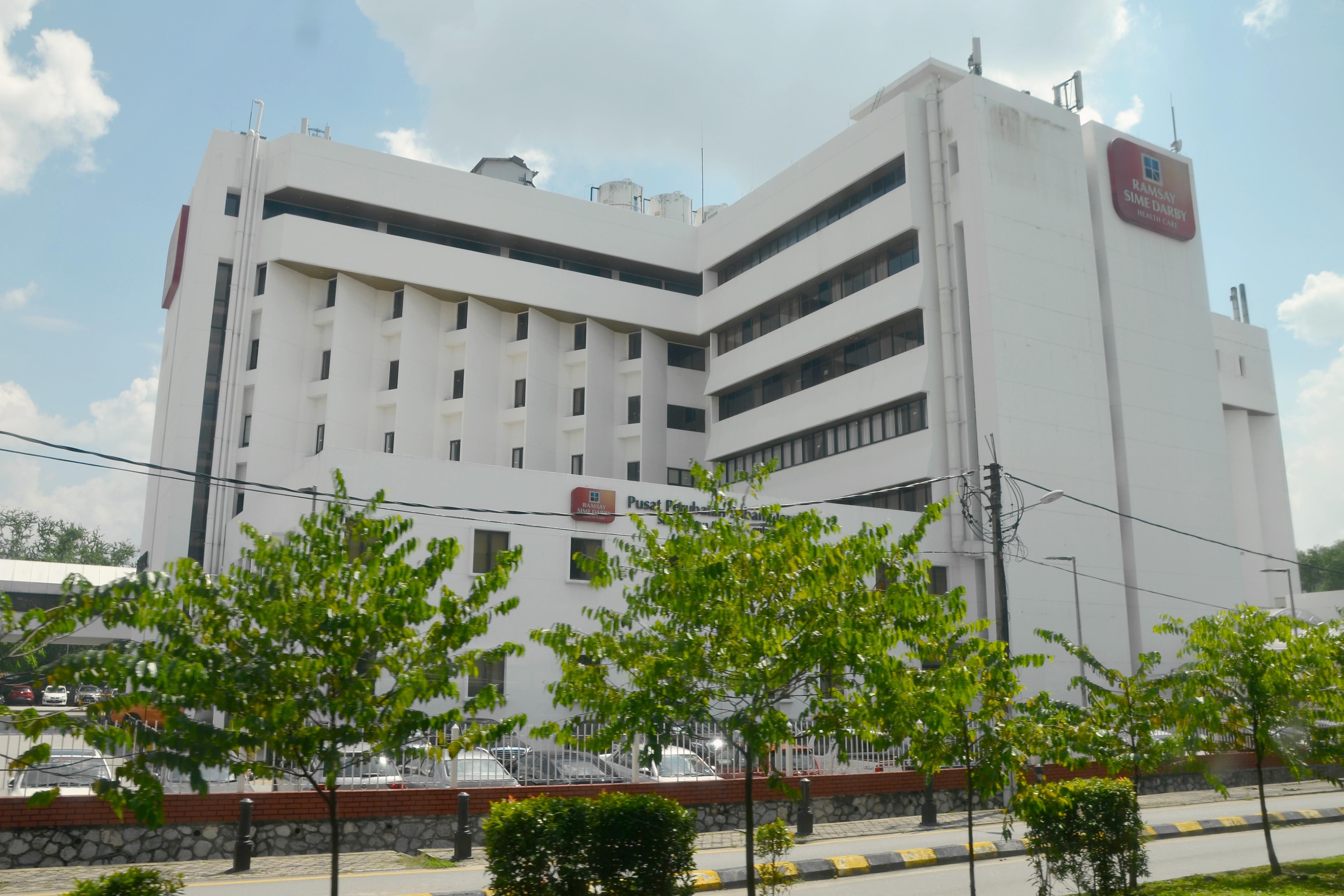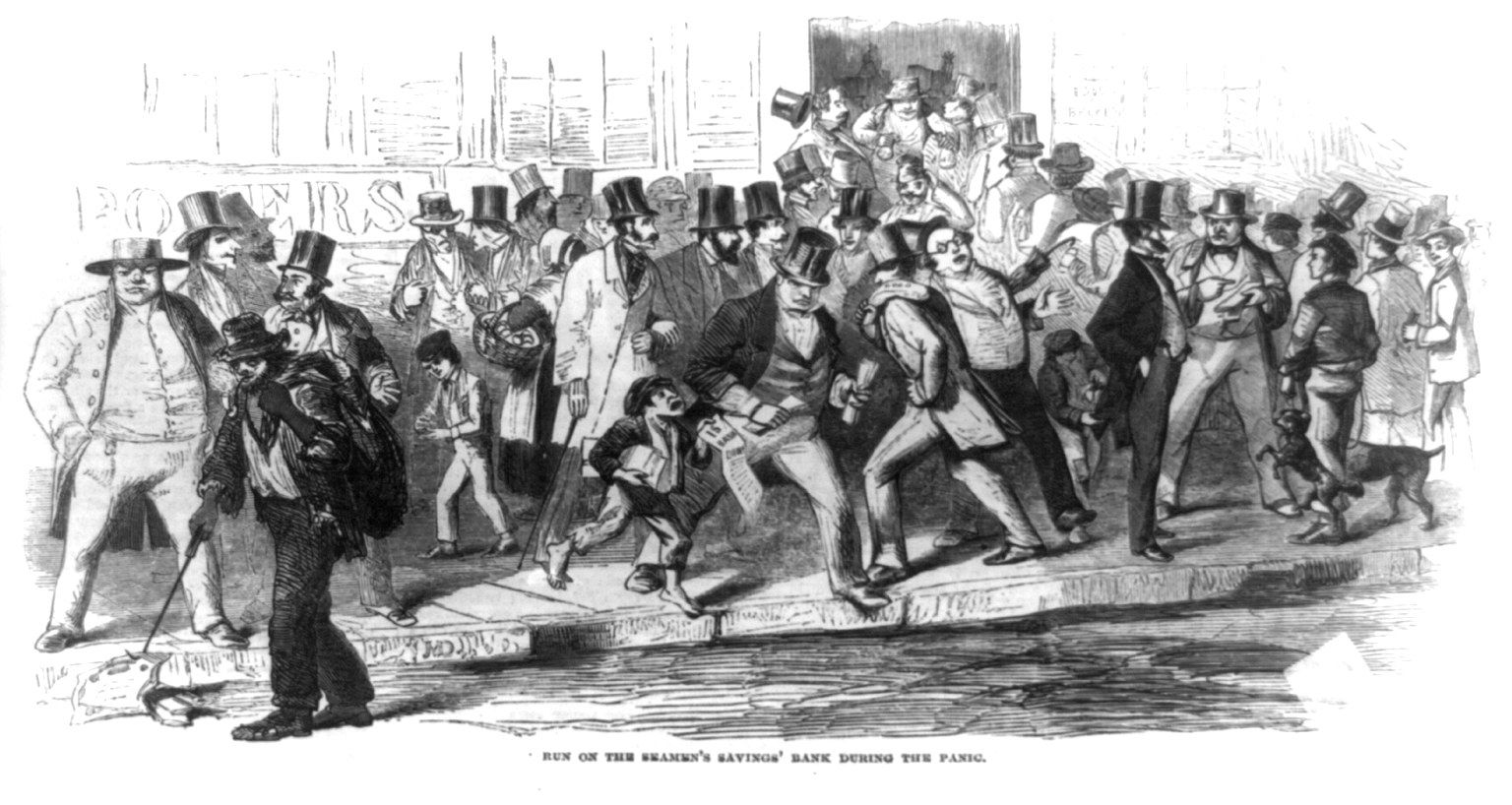|
Behn Meyer
Behn Meyer Holding AG (referred as bm) is a German chemical company and family business that was founded as an overseas trading company in Singapore in 1840 and now develops, manufactures and distributes speciality chemicals. The company headquarters are located in Hamburg and the main focus of its business activities is Southeast Asia. The Group has more than 28 branches, 38 warehouses and several production facilities in more than 14 different countries in Asia, Europe and North America.Details provided by the company itself Retrieved 18 Dezember 2018. Its main business activities are divided up into four divisions: AgriCare (s and |
Subang Jaya
Subang Jaya is a city in Petaling District, Selangor, Malaysia. It comprises the southern third district of Petaling. It consists of the neighbourhoods from SS12 to SS19, UEP Subang Jaya (USJ), Putra Heights, Batu Tiga as well as PJS7, PJS9 and PJS11 of Bandar Sunway, the latter of which are partially jurisdictional within Petaling Jaya under the MBPJ. The city is governed by Subang Jaya City Council (MBSJ), which also governs other areas of the Petaling district, such as Puchong and Seri Kembangan. According to Subang Jaya City Council, Subang Jaya has a population of 642,100 in 2015, which makes it the sixth largest city in Malaysia by population. History Before 1974, what is today Subang Jaya was part of Klang District. Development on Subang Jaya began on 21 February 1976 and was concluded in 1988 by Sime UEP Properties Berhad, the property development arm of the Malaysian conglomerate Sime Darby. The site was formerly a rubber plantation called Seafield Estate under ... [...More Info...] [...Related Items...] OR: [Wikipedia] [Google] [Baidu] |
Food Industry
The food industry is a complex, global network of diverse businesses that supplies most of the food consumed by the world's population. The food industry today has become highly diversified, with manufacturing ranging from small, traditional, family-run activities that are highly labor-intensive, to large, capital-intensive and highly mechanized industrial processes. Many food industries depend almost entirely on local agriculture, produce, or fishing. It is challenging to find an inclusive way to cover all aspects of food production and sale. The UK Food Standards Agency describes it as "the whole food industry – from farming and food production, packaging and distribution, to retail and catering." The Economic Research Service of the USDA uses the term ''food system'' to describe the same thing, stating: "The U.S. food system is a complex network of farmers and the industries that link to them. Those links include makers of farm equipment and chemicals as well as firms ... [...More Info...] [...Related Items...] OR: [Wikipedia] [Google] [Baidu] |
Shanghai
Shanghai (; , , Standard Mandarin pronunciation: ) is one of the four direct-administered municipalities of the People's Republic of China (PRC). The city is located on the southern estuary of the Yangtze River, with the Huangpu River flowing through it. With a population of 24.89 million as of 2021, Shanghai is the most populous urban area in China with 39,300,000 inhabitants living in the Shanghai metropolitan area, the second most populous city proper in the world (after Chongqing) and the only city in East Asia with a GDP greater than its corresponding capital. Shanghai ranks second among the administrative divisions of Mainland China in human development index (after Beijing). As of 2018, the Greater Shanghai metropolitan area was estimated to produce a gross metropolitan product (nominal) of nearly 9.1 trillion RMB ($1.33 trillion), exceeding that of Mexico with GDP of $1.22 trillion, the 15th largest in the world. Shanghai is one of the world's major centers for ... [...More Info...] [...Related Items...] OR: [Wikipedia] [Google] [Baidu] |
Guangzhou
Guangzhou (, ; ; or ; ), also known as Canton () and alternatively romanized as Kwongchow or Kwangchow, is the capital and largest city of Guangdong province in southern China. Located on the Pearl River about north-northwest of Hong Kong and north of Macau, Guangzhou has a history of over 2,200 years and was a major terminus of the maritime Silk Road; it continues to serve as a major port and transportation hub as well as being one of China's three largest cities. For a long time, the only Chinese port accessible to most foreign traders, Guangzhou was captured by the British during the First Opium War. No longer enjoying a monopoly after the war, it lost trade to other ports such as Hong Kong and Shanghai, but continued to serve as a major transshipment port. Due to a high urban population and large volumes of port traffic, Guangzhou is classified as a Large-Port Megacity, the largest type of port-city in the world. Due to worldwide travel restrictions at the beginni ... [...More Info...] [...Related Items...] OR: [Wikipedia] [Google] [Baidu] |
Hong Kong
Hong Kong ( (US) or (UK); , ), officially the Hong Kong Special Administrative Region of the People's Republic of China ( abbr. Hong Kong SAR or HKSAR), is a city and special administrative region of China on the eastern Pearl River Delta in South China. With 7.5 million residents of various nationalities in a territory, Hong Kong is one of the most densely populated places in the world. Hong Kong is also a major global financial centre and one of the most developed cities in the world. Hong Kong was established as a colony of the British Empire after the Qing Empire ceded Hong Kong Island from Xin'an County at the end of the First Opium War in 1841 then again in 1842.. The colony expanded to the Kowloon Peninsula in 1860 after the Second Opium War and was further extended when Britain obtained a 99-year lease of the New Territories in 1898... British Hong Kong was occupied by Imperial Japan from 1941 to 1945 during World War II; British administration resume ... [...More Info...] [...Related Items...] OR: [Wikipedia] [Google] [Baidu] |
Far East
The ''Far East'' was a European term to refer to the geographical regions that includes East and Southeast Asia as well as the Russian Far East to a lesser extent. South Asia is sometimes also included for economic and cultural reasons. The term first came into use in European geopolitical discourse in the 15th century, particularly the British, denoting the Far East as the "farthest" of the three "Easts", beyond the Near East and the Middle East. Likewise, during the Qing dynasty of the 19th and early 20th centuries, the term "Far West (Taixi), Tàixī ()" – i.e., anything further west than the Arab world – was used to refer to the Western countries. Since the mid-20th century, the term has mostly gone out of use for the region in international mass media outlets due to its eurocentric connotations.Reischauer, Edwin and John K Fairbank, ''East Asia: The Great Tradition,'' 1960. The Russian Far East is often excluded due to cultural and ethnic differences, and is often cons ... [...More Info...] [...Related Items...] OR: [Wikipedia] [Google] [Baidu] |
World War I
World War I (28 July 1914 11 November 1918), often abbreviated as WWI, was one of the deadliest global conflicts in history. Belligerents included much of Europe, the Russian Empire, the United States, and the Ottoman Empire, with fighting occurring throughout Europe, the Middle East, Africa, the Pacific, and parts of Asia. An estimated 9 million soldiers were killed in combat, plus another 23 million wounded, while 5 million civilians died as a result of military action, hunger, and disease. Millions more died in genocides within the Ottoman Empire and in the 1918 influenza pandemic, which was exacerbated by the movement of combatants during the war. Prior to 1914, the European great powers were divided between the Triple Entente (comprising France, Russia, and Britain) and the Triple Alliance (containing Germany, Austria-Hungary, and Italy). Tensions in the Balkans came to a head on 28 June 1914, following the assassination of Archduke Franz Ferdin ... [...More Info...] [...Related Items...] OR: [Wikipedia] [Google] [Baidu] |
Panic Of 1857
The Panic of 1857 was a financial panic in the United States caused by the declining international economy and over-expansion of the domestic economy. Because of the invention of the telegraph by Samuel F. Morse in 1844, the Panic of 1857 was the first financial crisis to spread rapidly throughout the United States. The world economy was also more interconnected by the 1850s, which also made the Panic of 1857 the first worldwide economic crisis. In Britain, the Palmerston government circumvented the requirements of the Bank Charter Act 1844, which required gold and silver reserves to back up the amount of money in circulation. Surfacing news of this circumvention set off the Panic in Britain. Beginning in September 1857, the financial downturn did not last long, but a proper recovery was not seen until the onset of the American Civil War in 1861. The sinking of contributed to the panic of 1857, as New York banks were awaiting a much-needed shipment of gold. American banks ... [...More Info...] [...Related Items...] OR: [Wikipedia] [Google] [Baidu] |
First Opium War
The First Opium War (), also known as the Opium War or the Anglo-Sino War was a series of military engagements fought between Britain and the Qing dynasty of China between 1839 and 1842. The immediate issue was the Chinese enforcement of their ban on the opium trade by seizing private opium stocks from merchants at Canton and threatening to impose the death penalty for future offenders. Despite the opium ban, the British government supported the merchants' demand for compensation for seized goods, and insisted on the principles of free trade and equal diplomatic recognition with China. Opium was Britain's single most profitable commodity trade of the 19th century. After months of tensions between the two nations, the British navy launched an expedition in June 1840, which ultimately defeated the Chinese using technologically superior ships and weapons by August 1842. The British then imposed the Treaty of Nanking, which forced China to increase foreign trade, give compensati ... [...More Info...] [...Related Items...] OR: [Wikipedia] [Google] [Baidu] |






